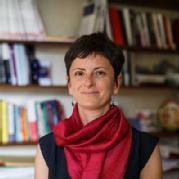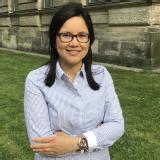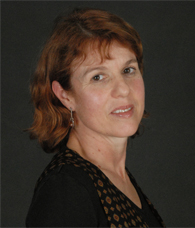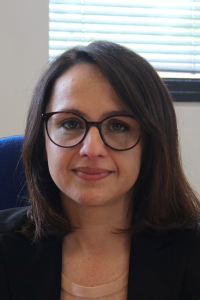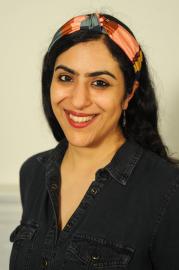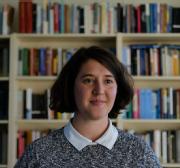Adebola, Titilayo
 Dr Titilayo Adebola
Dr Titilayo Adebola
Lecturer in Law and Theme Coordinator, Intellectual Property Law, School of La Associate Director of the Centre of Commercial Law, University of Aberdeen, UK. Dr Adebola is also a Senior Advisor to the United Nations Special Rapporteur on the Right to Food.
Expertise:
Dr Adebola has expertise in international economic law, with a particular interest in intellectual property law and food and agriculture law. Her current research examines intellectual property law-making in emerging markets; the political economy of geographical indications; protection of farmer-centred innovations; intersections of food systems approach, food security, food sovereignty and the right to food; and international organisations as law-makers for food and agriculture.
Geographical coverage:
International, regional, sub-regional and national laws, policies, principles, norms and cross-cutting issues such as trade, investment, environment, gender, human rights and sustainable development relevant to the discourse on intellectual property rights and food/agriculture.
Policy work:
She is currently working with research networks on intellectual property rights and food and agriculture law and policy reforms in Africa, including in the context of the African Continental Free Trade Area. Participate in the Ad-Hoc Technical Expert Group Meetings on Farmers’ Rights organised by the Secretariat of the United Nations International Treaty on Plant Genetic Resources for Food and Agriculture. Contributed to the African Regional Consultation on the UNIDROIT- FAO-IFAD Legal Guide on Agricultural Land Investment Contracts.


